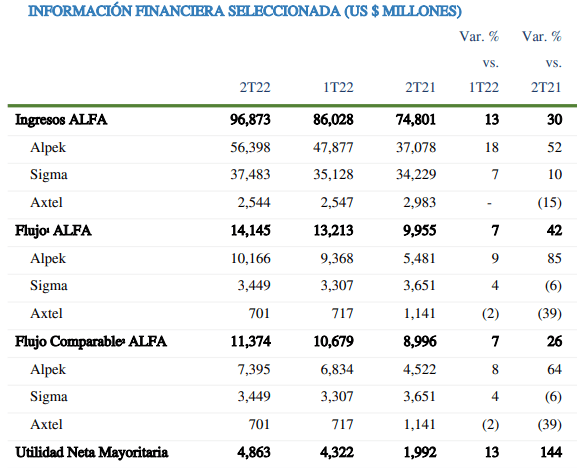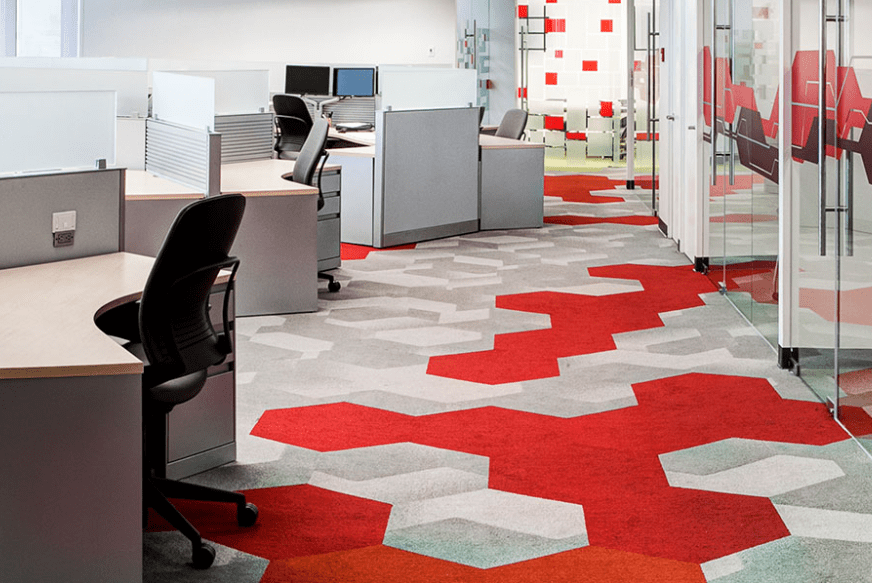ALFA owns 51% of Terza, which is engaged in the production of carpets, in a relationship in which the two companies have synergies due to the inputs sold by ALFA.
This Mexican conglomerate also owns 100% of Colombin Bel, which produces polyurethane foams and bonded fabrics.

Due to their relative size, ALFA’s financial reports omit references to these last two companies, although their figures are included in ALFA’s consolidated total.
Its subsidiary Alpek produces Purified Terephthalic Acid (PTA), a raw material for the manufacture of polyester. PTA is the main raw material in the manufacture of PET (used in plastic bottles, containers and other packaging) and polyester fiber (used in carpets, clothing, home furnishings, and industrial and consumer applications).
ALFA
Alpek also produces polypropylene (PP), a thermoplastic polymer that results from the chemical reaction between propylene monomer and a set of catalysts and chemicals.
PP’s properties include low specific gravity, high stiffness, resistance to relatively high temperatures, and good chemical and fatigue resistance.
PP is used in a variety of applications including packaging, textiles (e.g., ropes, thermal underwear and carpets), stationery, plastic parts and reusable containers of various types, automotive parts and polymer bank bills.
Rapid improvements in processing properties, associated with superior cost and environmental properties, contributed to a substitution trend that allowed the PP industry to develop.
In addition, Alpek manufactures caprolactam (CPL), the main raw material in the production of nylon 6 (which is used in textile and industrial yarns, carpets and engineering resins).
Business profile
The conglomerate entered the automotive industry in 1979. In association with Ford Motor Company, it founded Nemak to produce aluminum engine heads.
ALFA’s operations were also extended to the manufacture of agricultural machinery, motorcycles, forging and casting, carpets, household appliances and specialty steels.
ALFA’s first period of growth ended in 1980, when it acquired the cold meat processing companies that gave rise to what is now Sigma.
Growth continued in 1995. ALFA founded Acerex (flat steel processing), acquired Univex (caprolactam) and Luxor (carpet), and continued to expand DMT, PTA, polyester and polystyrene foam capacity.
Sigma’s Monterrey plant was the first in Mexico to receive certification from the United States Department of Agriculture.
At the end of that year, ALFA formalized its incursion into telecommunications by integrating, in association with AT&T and later with BBVA-Bancomer, the company Alestra, which in January 1997 began operations in the long-distance business in Mexico.

